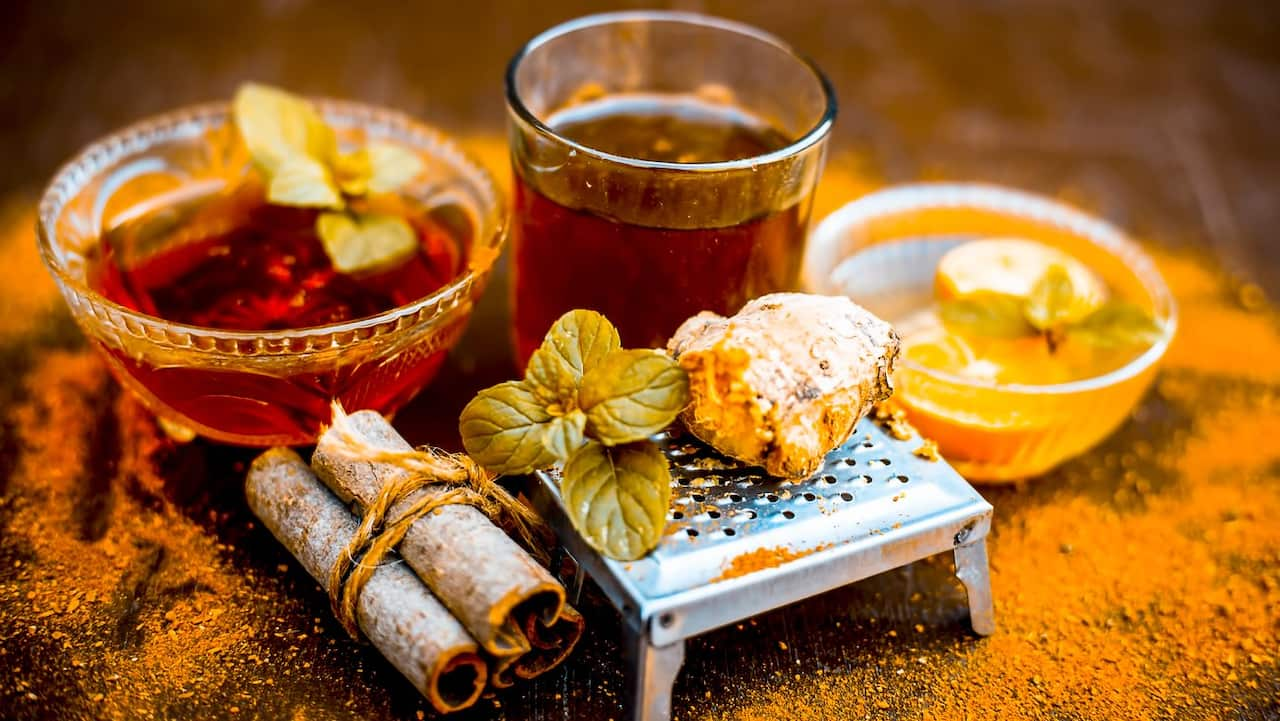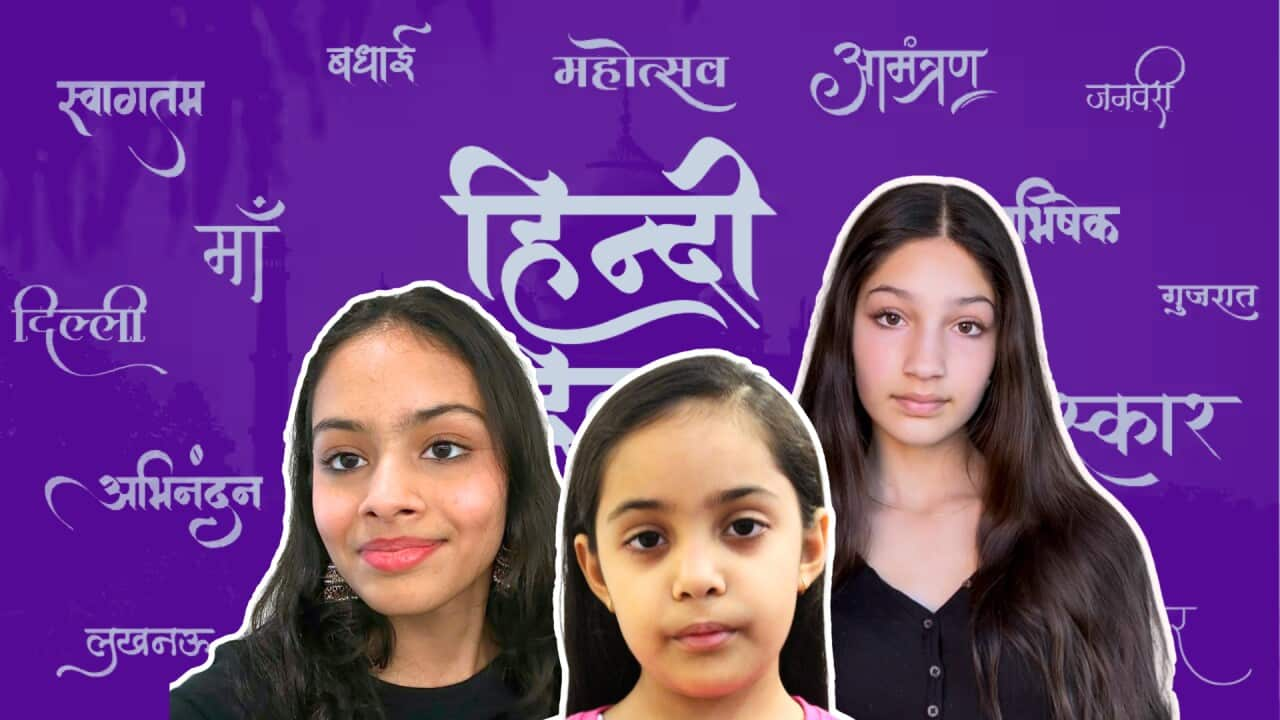With raging bushfires shrouding many parts of Australia in hazardous smog and the heat that keeps soaring, we need to protect our health says Ayurvedic practitioner Dr Neeraj Thakur.
According to Ayurvedic practise it is essential to change one's diet and lifestyle with every change in season.
“The smoke from bushfires is made up of small particles, gases and water vapour. The gases in bushfire smoke include carbon monoxide, carbon dioxide, nitrogen oxides and volatile organic compounds. The size of the particles is approximately 2.5 micron. Fine smoke particles are known to affect the human breathing system. The smaller or finer the particles, the deeper they go into the lungs,” Dr Thakur explains.
These particles can cause a variety of health problems, such as itchy or burning eyes, throat irritation, runny nose and illnesses such as bronchitis.
The smoke particles can also aggravate existing lung conditions, such as chronic bronchitis, emphysema and asthma.

Dr Thakur gives us eight tips which can help minimize the adverse effects of bushfire smoke:
- Stay indoors, with windows and doors closed, or stay in air-conditioned premises, if possible
- Consider using an air purifier
- Avoid vigorous exercise, especially if you have asthma or a lung condition
- Use a mask if necessary
- Try steam inhalation with thyme
- Apply mustard oil or desi Ghee (clarified butter) internally in Nostrils (this can help to some extent in reducing the inhalation of harmful particles)
- Drink ginger juice with honey or add turmeric powder in milk
- Lemon and honey in water are good too

“Adapting according to changes in the seasons and weather is the key to survival. The knowledge of Ritucharya (regimen for various seasons) is thus important," Dr Thakur says.
"In Australia, general conditions approximately from December to February are considered as Grishma (summer) season,” adds Dr Thakur.
“During this time of the year, we experience intense heat and unhealthy winds. The river-bodies start drying and plants appear lifeless. The predominant rasa is Katu (pungent) and Mahabhuta (predominant elements) are Agni (fire) and Vayu (wind),” he says.
Listen to the podcast:
Eat Easily Digestible Food
Dr Thakur suggests eating easily digestible food during this season.
Foods which are light to digest according To Dr Neeraj Thakur:
- Foods that have a naturally sweet taste.
- Have Snigdha (unctuous), Sheeta (cold), liquids.
- Light food such as rice and lentils are beneficial.
- Drinking plenty of water and other liquids like buttermilk, fruit juices, meat soups, mango juice, churned curd with pepper is healthy.
- At bedtime milk with sugar candy (Mishri) is cooling.
- Very salty food with Katu (pungent) and Amla (sour) taste foods are to be avoided.

How to change lifestyle during summer
“Remaining in a cool place, applying sandalwood and other aromatic pastes over the body helps a person to stay cool.
"Try and wear light coloured clothes made of cotton or porous fabrics,” advises Dr Thakur and adds, "At nightfall, if possible one should enjoy the cool moon rays and gentle breeze whenever possible and excessive exercise is to be avoided."
Tune into SBS Hindi at 5 pm every day and follow us on Facebook and Twitter




